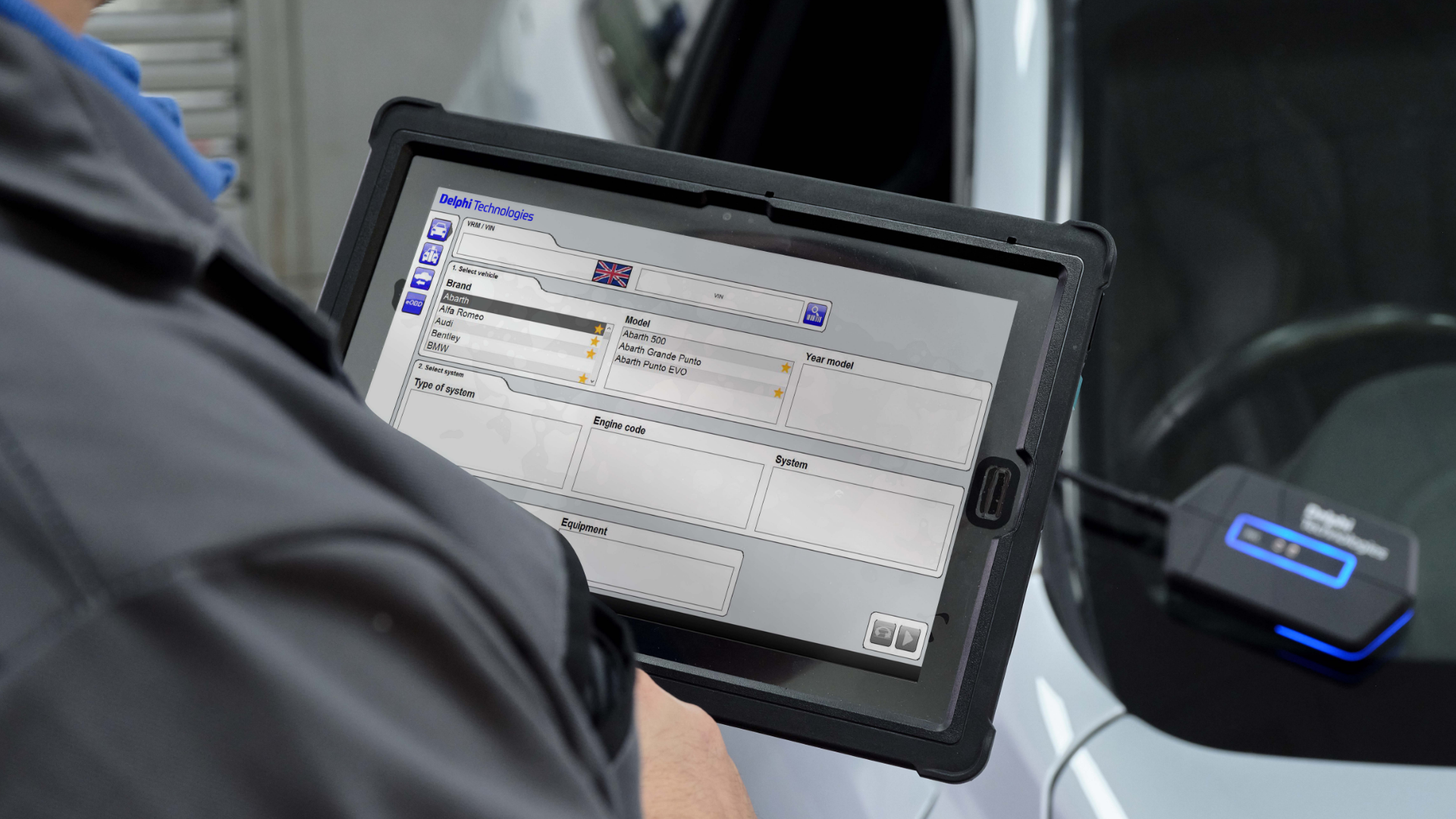Resource Highlights
A strong grasp of diagnostic tools is now a core skillset for all vehicle mechanics. In this piece we’ll look at what they are and how they work.
First up, here are eight important tips for getting up to speed with these tools, and how to improve your expertise.
What do vehicle diagnostics tools do?
Diagnostic tools can reveal problems within numerous parts of a vehicle, including its engine, transmission, exhaust system, brakes, fuel injector, ignition coils and throttle.
All legitimate aftermarket diagnostic tools are derived from OEM equivalent systems. Most modern vehicles are now heavily equipped with computer technology that not only govern the vehicle’s driving systems, but are also capable of giving feedback on the running condition of the vehicle. Software is now recognised as a key component of all vehicles.
State-of-the-art diagnostic tools from Delphi Technologies
The complexity of computer systems within vehicles will only increase. The diagnostics tools and test equipment that mechanics need to master will have to match the complexity of these systems.
Delphi Technologies offers an extensive range of OE-level diagnostic and test equipment – tools that deliver ever faster and more accurate vehicle servicing and repair. Our multi-brand vehicle communication interface (VCI), for example, supports both car and heavy duty software, with an integrated flight recorder with built-in memory that records real-time parameters while driving. It’s incredibly versatile, and offers you a single unit that can help you service an array of vehicles.
SIGN UP
TO FIND OUT MORE
Fill out your details to hear more from our experts and get the latest updates from Delphi.




